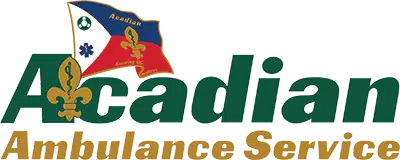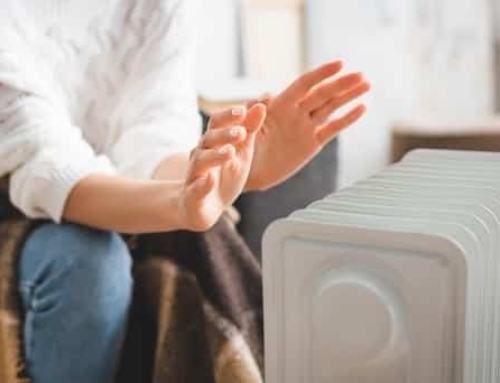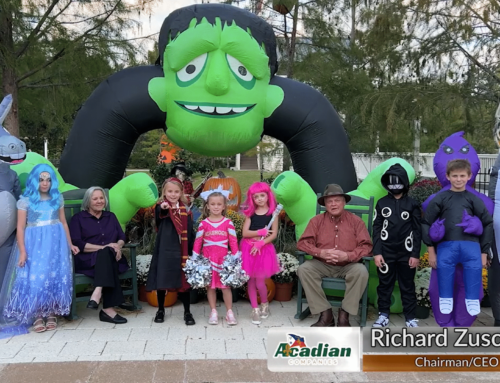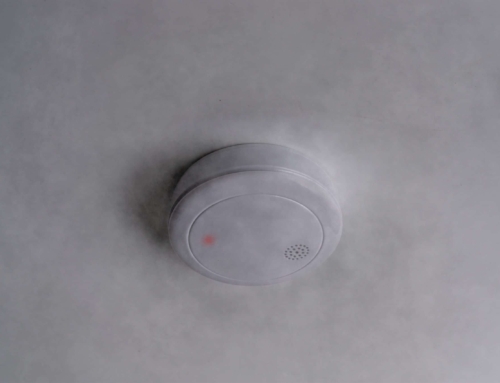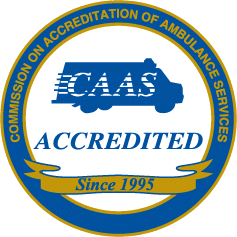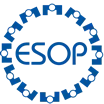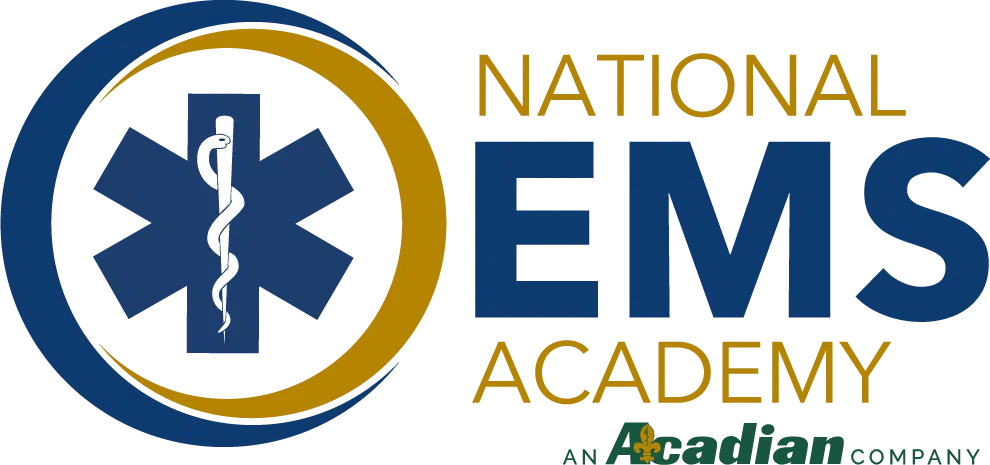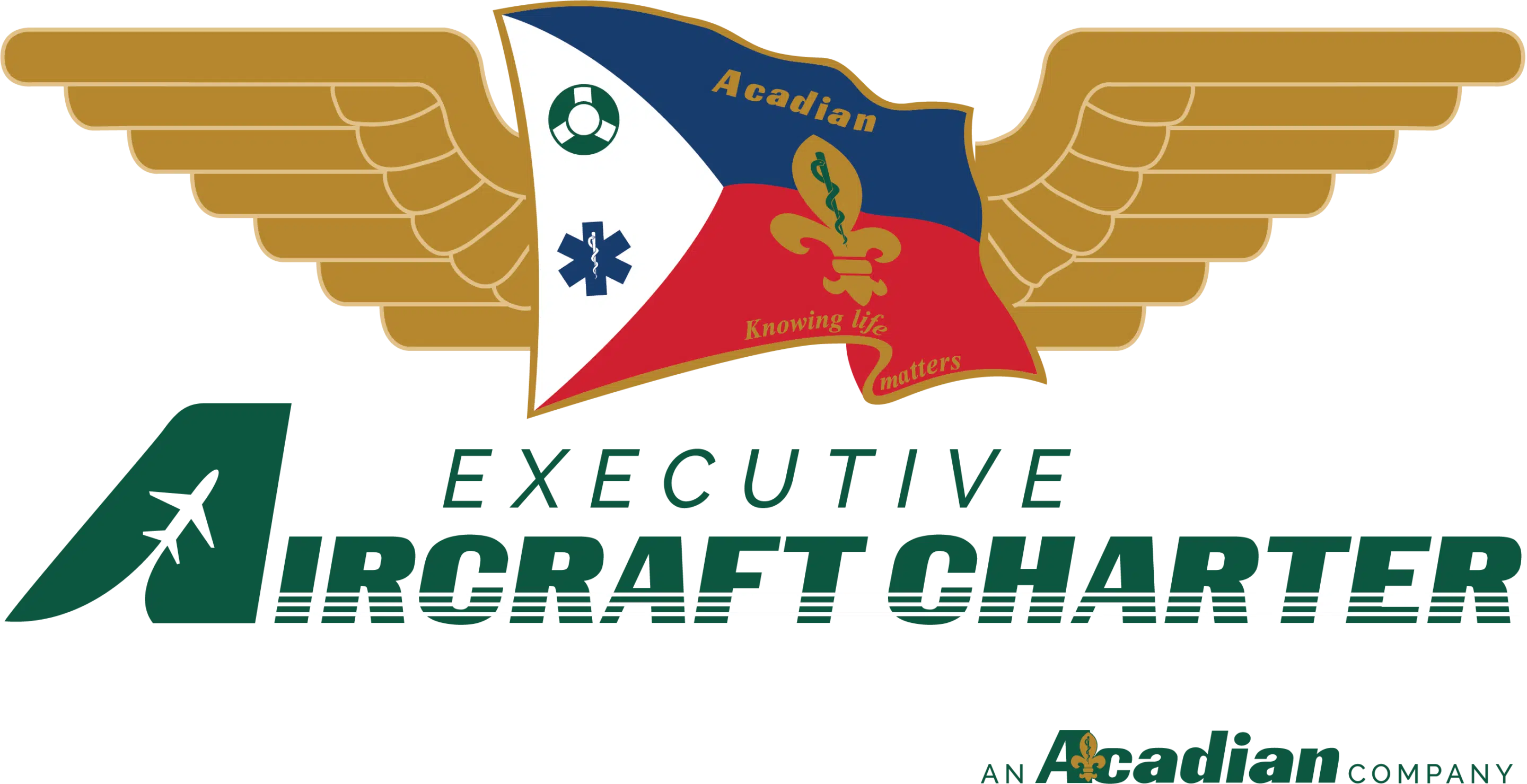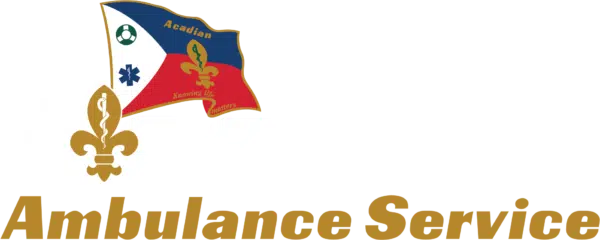Unused prescription medication may seem harmless, but actually must be treated with care so that it doesn’t harm people, animals or the environment.
America’s opioid epidemic is a very hot topic. Many opioid overdoses happen to someone who is prescribed the drug for pain relief, but they also frequently happen to people who are not being directly prescribed the drugs.
Safely disposing of unused prescription drugs can lower risks of abuse or misuse and keep these drugs from falling into the wrong hands.
“One of the biggest issues with hanging on to unused medications is the potential for children to accidentally ingest them. Depending on the medication and the size of the child, even a small dose of medication accidentally ingested could be fatal,” says Casey Lewis, Acadian Ambulance quality improvement supervisor.
General Safety Guidelines
- Always follow your doctor’s or pharmacist’s directions when taking a prescription drug.
- Talk to your doctor or pharmacist if you are worried about the possible side effects of a drug, including addiction.
- Never take a drug prescribed for someone else or give your prescribed drugs to others.
Safe Disposal Guidelines
- Unwanted medicines should be disposed of properly like other household hazardous wastes.
- Medicine take-back options are the preferred way to safely dispose of most types of unneeded medicines. There are generally two kinds of take-back options: periodic events and permanent collection sites.
- Louisiana has secure drug drop boxes at locations throughout the state. These boxes are installed through a partnership among Blue Cross, Louisiana Attorney General Jeff Landry’s office, National Association of Drug Diversion Investigators and local law enforcement agencies. Visit www.bcbsla.com/safedrugdrop to see a location list and map.
- If no take-back programs or boxes are available in your area, and there are no specific disposal instructions in the product package insert, the Food and Drug Administration advises disposing of medication by:
- Mixing medication (do not crush tablets or capsules) with an unpalatable substance such as dirt, cat litter or used coffee grounds
- Placing the mixture in a container such as a sealed plastic bag
- Throwing the container in your household trash
- Removing all personal information on the prescription label of empty pill bottles or medicine packaging and disposing of the container
- Some guidelines suggest flushing some medication down the toilet. However, medicines that are flushed or poured down the drain can pollute our water sources and contaminate our food and water supplies. Most medicines are not removed by wastewater treatment plants or septic systems.
